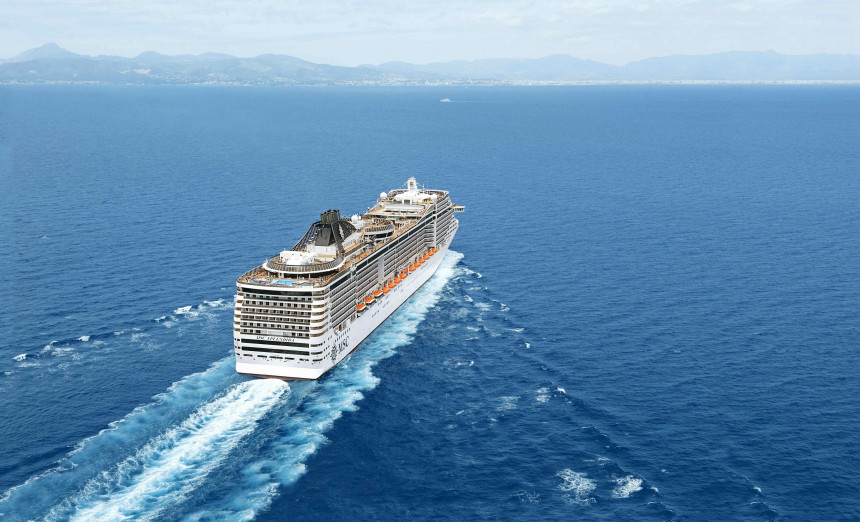
In today's globalised world, tourists with higher purchasing power and more leisure time are becoming more experienced and demanding, wanting not only a product of a certain quality at an affordable price, but also personalised services and activities. Cruise tourism follows these trends, and can quickly deliver interesting experiences and varied tours, with short trips, specialized and adapted to the economic level and leisure time available in today's society, which allows access to a higher demand segment. In addition, all indicators place this tourism as one of the tourist activities with higher growth prospects in the coming years, so that many port cities that are making major investments to develop this activity.
One of these is Barcelona, which has become Europe's leading Mediterranean cruise port and the fourth worldwide, surpassed only by those of Miami, Port Everglades and Port Canaveral, all in Florida (USA). The importance of tourism in Barcelona city is evident if we consider that the six cruise terminals in the port of Barcelona received 2.3 million cruise passengers in 2013 and 2.36 million in 2014, which means an increased 2.61%, and the outlook is to increase the number in the coming years. Also, let us not forget that 52% of cruise passengers either start or ending their trip in Barcelona, so that many of those stay a few days in the Catalan capital before and / or after the trip, which favours the city more, going to restaurants, watching performances, seeing emblematic monuments and going shopping.
The Spanish market presents great opportunities, since the degree of penetration of cruise travel is still well below the European average. In addition, it is a lower cost alternative holiday to many tour packages, but to maintain levels of growth experienced to date, companies must innovate to capture a larger number of passengers and retain existing cruiser customers.
Construct sustainable foundations
A study conducted in 2007 by the European Cruise Council on the impact of cruise passengers on local economies, indicated that since then, the cruise business in Barcelona was responsible for 14,000 jobs, with total income in excess of 400 million Euros. In addition, according to Tourism of Barcelona, the economic impact generated by this tourism amounted to more than 256.9 million Euros in 2013; this represents nearly 25 million more than in the previous year. This new figure includes the 250.3 million Euros spent by 2.6 million passengers and 6.5 million Euros spent by the 312,000 crew who went ashore on this stopover. Moreover, the cost of repair and maintenance of ships in their stopovers in Barcelona exceeded 140 million Euros. All this without counting the income produced by this activity in trade, transport, catering and travel services; which, if we add it to the direct income, comes to 1,208 million Euros in 2014 and 25,000 direct and indirect jobs.
The growth experienced by this tourism in Barcelona in recent decades has led to a series of impacts on the city. For example, it has helped to update some traditional patterns, especially in the commercial sector, with more or less controversial decisions such as the opening of commercial establishments on holidays. Therefore, one of the criticisms of this product is that its development should be established on a sustainable basis, with a quality that is not only concerned about immediate economic benefit but also show clear criteria of social and environmental responsibility.
First, we must not forget that 80% of the global cruise supply are concentrated in just three transnational corporations: Carnival Corporation (50%), Royal Caribbean (25%) and Genting Hong Kong (7%), which causes unfair competition for small and medium-sized cruise companies and consolidates a captive market. Moreover, their activities also have important environmental consequences, such as pollution of marine waters, generation and relocation of hazardous waste, air pollution, destruction of marine biodiversity and the contribution to global climate warming. Other environmental impacts due to the expansion of port infrastructure and the lack of comprehensive legislation in this regard may also occur.







